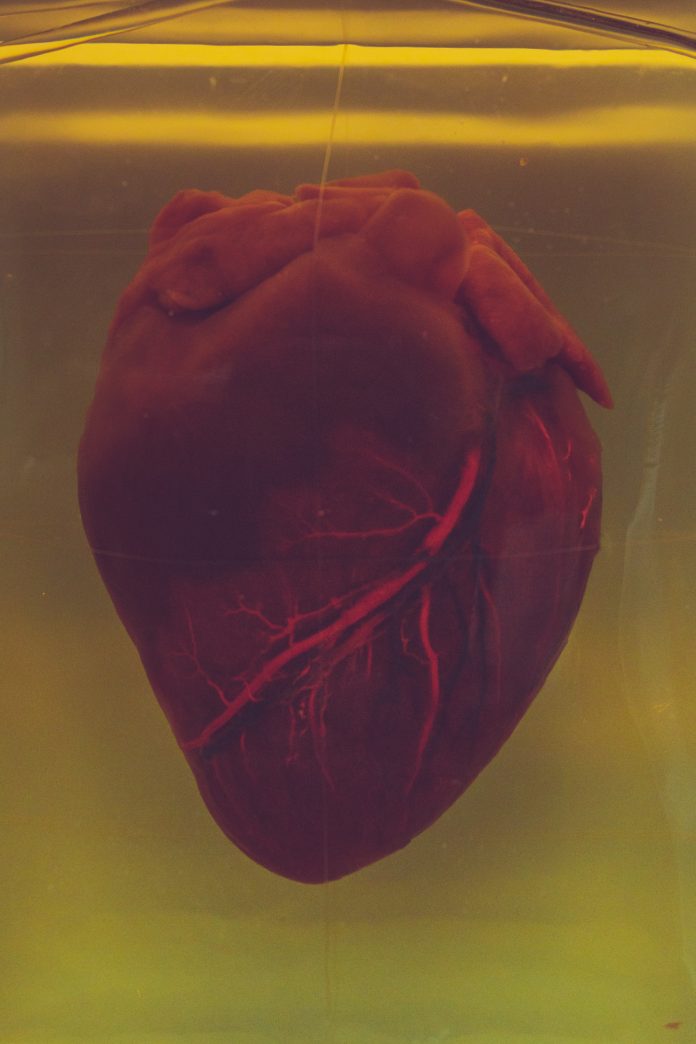Knowing you need a cardiologist can be very worrying. After all, coronary artery problems are the leading cause of death for both men and women in America. is important. Cardiologists are subspecialists in internal medicine who study, diagnose, and treat injuries and illnesses and their causes. In other words, you may not need surgery just because you need a cardiologist. With that in mind, here are the most common reasons people see a heart doctor.
1. Physician Recommendation. If your GP tells you it’s time to see a coronary artery specialist, you should follow the doctor’s advice and make an appointment as soon as possible. In most cases, doctors making recommendations observe possible signs and symptoms of heart problems but do not have the necessary equipment or training to diagnose and treat them. 2. Heart trouble or pain. Other than hearing your ears pounding after a strenuous workout, you shouldn’t notice your heart rate too often. must be dealt with.
3. high cholesterol. This increases the risk of heart disease, so your doctor will do his best to keep your total cholesterol under control.
4. Hypertension. Not only does high blood pressure increase the risk of heart attack, but it also increases the risk of vascular disease.
5. Diabetes. Diabetes is becoming an increasingly common condition and can contribute to heart disease. If you have the disorder and any of the symptoms appear, your GP will almost certainly tell you to see a cardiologist as soon as possible. 6. Current or past smoking habits. Smoking cigarettes raises blood pressure, damages arteries, and reduces the flow of oxygen to the heart. If you are a current or former smoker, it is recommended that you have your coronary artery health checked regularly.
7. family history. If a relative has an organ problem, it is important to know what symptoms may be risk factors for heart disease. A cardiologist might tell you everything you need to know, but I was afraid to ask my GP.
8. A new exercise program. Exercise is generally good for heart health, but people with heart problems, especially those over the age of 40, should consult a doctor before starting a new exercise routine. They are experts in examining your busiest organs, so they can tell you the best exercises for heart health.
An experienced cardiologist will help you improve your most important muscle health.













